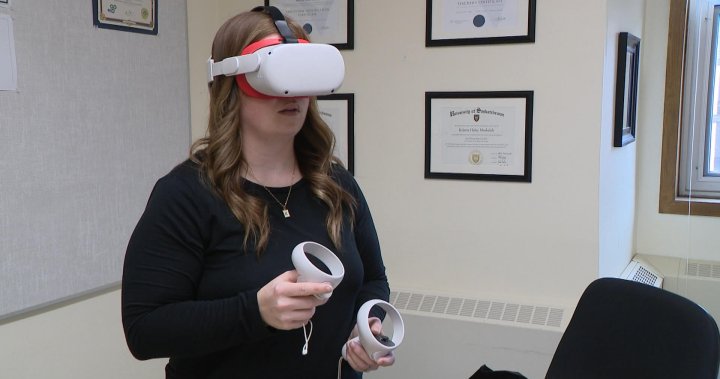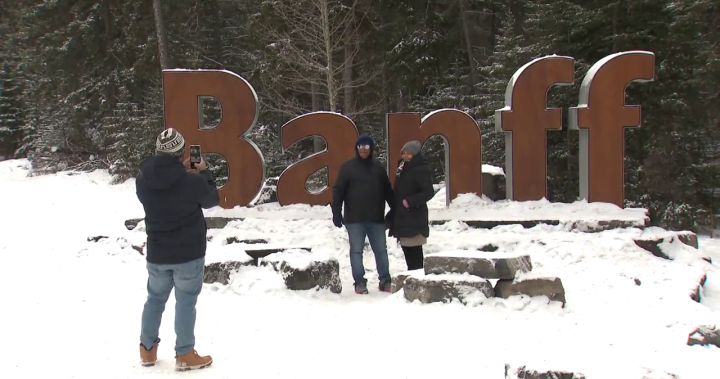When two University of Saskatchewan graduate students pitched the idea of a metaverse for their final project, they never expected to win a competition and present to the United Nations.
Kristin Moskalyk and Nicole Lamoureux had to find a way to teach about one of the United Nations’ (UN) Sustainable Development Goals (SDG) for their Sustainability Teaching and Learning Through Design & Technology course. The duo chose SDG 14: Life Below Water, a goal to conserve and sustainably use the oceans, seas and marine resources.
Although they had no prior experience designing virtual worlds, the two former teachers wanted to find a way to develop empathy and support for SDG 14, from people in landlocked provinces.
“It was just the thought of our students being from the prairies, being landlocked, lots of our students not ever being to the ocean, so they maybe don’t understand what’s really going on out there,” Moskalyk said during an interview Thursday. “I think that it’s just really important for teachers and people in educational development roles to try to be innovative with their approaches and try to build engaging opportunities for students.”
Users walking around the virtual world will come across learning material, including tasks, games and videos.
The email you need for the day’s
top news stories from Canada and around the world.
Moskalyk said the platform they used, Frame VR, was user-friendly, allowing them to focus on the content within the metaverse.
“It was just a learning curve on how to bring those assets in and set them up in a way for it to be easy for students to use.”
When Moskalyk and Lamoureux finished their project, their professor encouraged them to apply for the Metaverse for Sustainable Development Goals Global Prize and Virtual Reality Competition.
“When I saw the contest I thought they would be an excellent application,” Paula MacDowell, assistant professor of curriculum studies said. “It’s very high-level — an enviable level — of student engagement… quite honestly, the STGs are terrifying . I mean, they’re all the issues and problems that are happening in our world.”
Their team, which they named Techy Teachers, was one of the 15 winning teams selected from 257 teams from 70 countries. They earned a level two finalist prize of $10,000.
“It is actually such a really big success. We didn’t imagine our project was going to go this far whatsoever,” Nicole Lamoureux said. “I think it was just a testament to how hard we’ve actually worked and our passion going into it, so we’re quite proud of how far it’s gone.”
The team presented their metaverse at the UN’s Science Technology and Innovation Forum last year. They met delegates inside their virtual world and gave them a tour.
“It was well-received,” Moskalyk said. “People were excited for the opportunity that students will be engaging in this type of learning.”
She hopes teachers will use the resource in their classrooms and wants to get access to more VR headsets to provide to schools.
© 2024 Global News, a division of Corus Entertainment Inc.




